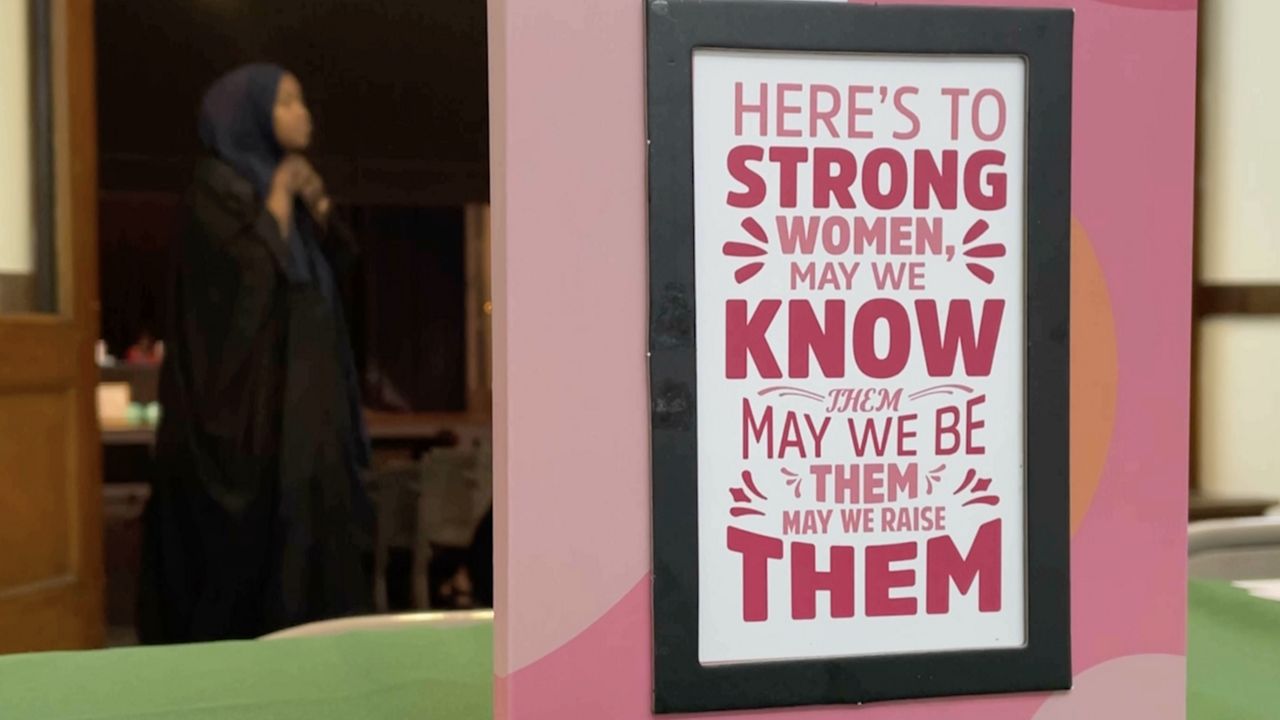The Rochester-based organization Refugees Helping Refugees has made it their mission to not only uplift and share the stories of immigrants integrating into society, but also raise awareness. The group has developed a new project, “Break Free,” where women refugees share their survivor stories of trauma and abuse and look to break the chain of their cultural norms.
Domestic violence affects many people across a large scale from different ages, gender and race.
“There's a stigma within our society, maybe within their own culture,” clinical psychologist Brianna Diaz said. “And also probably hearing that from their partner as well, ‘Oh you can't tell anybody, no one will believe you.’ And so there's a profound amount of isolation, and that can be really, really scary, too, to speak up.”
Many immigrant and refugee families are at high risk due to their differences in cultural values and norms. Understanding these challenges the organization, Refugees Helping Refugees created the “Break Free” project to allow panelists to share their survivor stories.
“There are lots of girls, especially from our cultural backgrounds, where we were told to be quiet,” panelist Nari Dhimal said. “If you talk about this, you will bring disgrace in the family and we believed that. Traditions and norms that have been forced on you in order to make somebody happy. Everything was challenged in the beginning.”
Within her home country in Nepal, Nari says she had experienced abuse at the early age of 10.
“I was a victim of physical and sexual abuse,” Dhimal said. “It was a long time ago. I was sexually abused back in my country ... and I wasn't aware of it -- completely unaware of it until I graduated from high school.”
Seeking help from legal support, Dhimal was able to remove herself from what she says she had gone through and continues to work on rebuilding her life in America. She is now teaching students who have also shared similar experiences as she once did.
“I am a homeschool assistant,” Dhimal said. “I have students who are going through the trauma that I went through when they came to me and decided to talk to me about this abuse. I felt proud that I can be of help to somebody.”
To learn more about Refugees Helping Refugees programs, click here.



